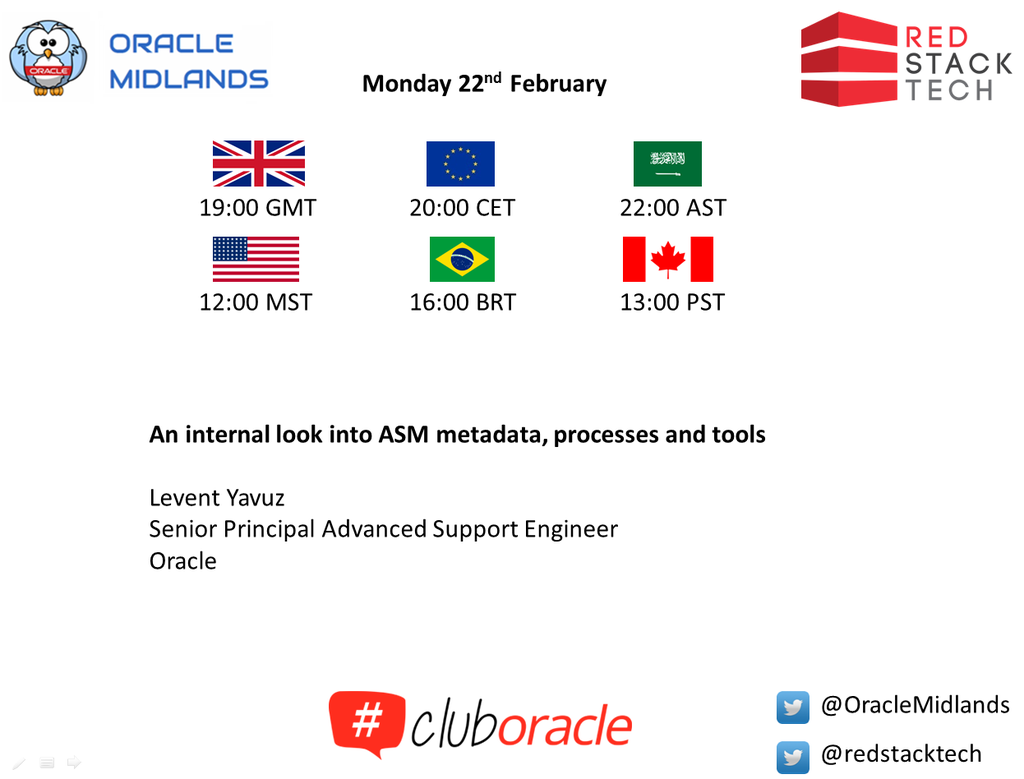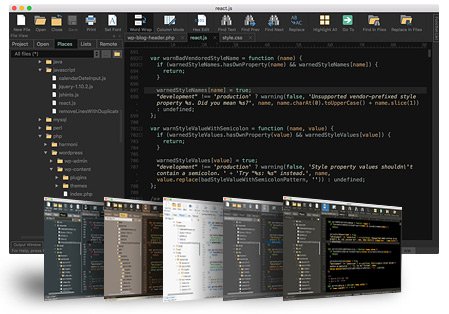 About 18 months ago I went on a couple of load balancer training courses at F5. It was over a year later that we actually got the things wired in and ready to go. I played with them for a couple of days, then nothing for another six months. I’ve only put one service live on them so far, but we are about to start the full rollout now. 🙂
About 18 months ago I went on a couple of load balancer training courses at F5. It was over a year later that we actually got the things wired in and ready to go. I played with them for a couple of days, then nothing for another six months. I’ve only put one service live on them so far, but we are about to start the full rollout now. 🙂
In that time there has been a change of heart over which team will look after them, and it’s not my team. I’m still going to have to migrate 100+ services from our reverse proxy to the load balancers, but once everything is live it will probably get handed over to another team.
Last week we started the handover process, so I went and spent 2.5 hours with the guys, talking about the setup we had done and the sort of tasks they will have to pick up. One of the other guys has put together a workflow and a formal document. I took with me a little template of all the information I needed to plug a new service into the load balancer. When I got back to my desk, I removed all the config we had done together, then repeated it, but this time capturing my screen to make 8 little videos to go with the template doc. This all got put into the company knowledge base.
What’s this got to do with the title of this post?
- My time figuring out what the hell a reverse proxy was and how to configure one helped me a lot when I went on the load balancer course at F5. It also meant I was still able to muddle my way through stuff having not used the load balancer kit for 18 months. When you understand where you have to go, it can sometimes make getting there a lot easier.
- Speaking at conferences about Oracle stuff has a positive effect on your ability to speak about other subjects in public. This month at work I have done this handover and a general introductory talk about cloud technologies. Neither of these subjects are “what I do”, but both were a breeze because of the skills I’ve picked up elsewhere.
- It took 2.5 hours to explain the load balancer stuff to the guys. Realistically, they will forget it in a few days. It will take them about 10 minutes to look through the knowledge base note and watch the video clips. I think that will pretty much remind them of the important points. I would never have attempted the video stuff if I hadn’t been playing with YouTube over the last few months.
You are the combination of your experiences. Everything you do and everything your learn combine to make you the person you are. I still complain when I’m asked to do random things, but in the back of my mind I know it will probably prove useful sometime down the line… 🙂
Cheers
Tim…
 In my second job we worked on projects in small teams, maybe 2-3 people. My boss at the time, the team leader, was a lady called Andrea. She wrote everything down. I mean everything! I was still pretty new to the business world and rather naive, so I tended to rely on my memory a lot. Needless to say, she saved our bacon on numerous occasions. That was a very good lesson!
In my second job we worked on projects in small teams, maybe 2-3 people. My boss at the time, the team leader, was a lady called Andrea. She wrote everything down. I mean everything! I was still pretty new to the business world and rather naive, so I tended to rely on my memory a lot. Needless to say, she saved our bacon on numerous occasions. That was a very good lesson!
 Over the weekend I decided to upgrade from MySQL 5.6 to 5.7. I did some
Over the weekend I decided to upgrade from MySQL 5.6 to 5.7. I did some  Some people are great at problem solving, others not so much. The people I meet that are good at problem solving always have one very important skill, the ability to break stuff down into its constituent parts. With practice, it can seem like they are making massive leaps of faith, but that is based on their experience. That experience came from breaking problems down and dealing with the little stuff. Here are some examples, including some you may not consider as classic problem solving, but illustrate the point.
Some people are great at problem solving, others not so much. The people I meet that are good at problem solving always have one very important skill, the ability to break stuff down into its constituent parts. With practice, it can seem like they are making massive leaps of faith, but that is based on their experience. That experience came from breaking problems down and dealing with the little stuff. Here are some examples, including some you may not consider as classic problem solving, but illustrate the point. Sharknado
Sharknado It has come to my attention that there is a new website in town that happens to have a URL extremely similar to mine. Literally one character different. The domain in question was registered on 3rd November 2015.
It has come to my attention that there is a new website in town that happens to have a URL extremely similar to mine. Literally one character different. The domain in question was registered on 3rd November 2015.
 In my
In my